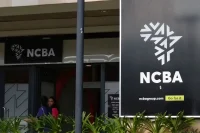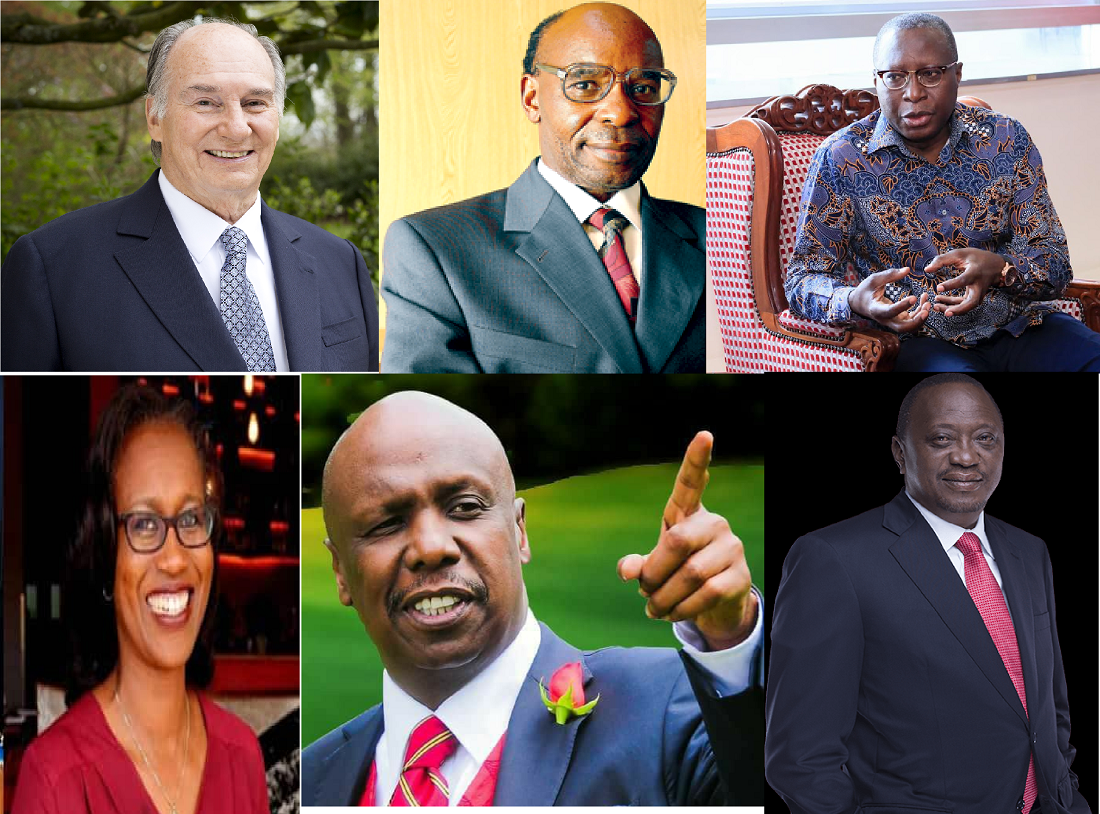Radio Africa Group is one of the largest media companies in Kenya, with properties spread across broadcast, print and digital. Among its biggest brands are radio stations Kiss FM, Classic 105, Radio Jambo and East FM, newspaper The Star and entertainment channel Kiss TV.
The company has grown and expanded significantly in the slightly over two decades it has existed, with a lot of credit going to its founders who have remained closely involved with the business. Radio Africa Group was established by Patrick Quarcoo or ‘PQ’ as he is otherwise known, alongside William Pike and Kiprono Kittony.
PQ was born in Cape Coast, Ghana. He studied B.Sc. Administration at the University of Ghana, in the late 70s, and attended Manchester Business School for his Master of Business Administration (MBA) from 1984 to 1986.
Quarcoo was, however, always passionate about journalism and after his studies in the UK pitched segments on news from Ghana, some of which were picked up by the BBC and Voice of America (VOA). He would later move to Uganda to work as a Reuters media correspondent, offering him a clear glimpse of the East African media landscape in the 90’s.
He moved from Uganda to Kenya in the late 90s and alongside with his friend William Pike, a British national who was an editor at Reuters, set out to establish Radio Africa Group in 2000, with Quarcoo as CEO. They partnered with Kiprono Kittony, the politically-connected business executive who today serves as Chair of the Nairobi Securities Exchange (NSE) among other roles.
They cut a niche for themselves among urban audiences with Kiss 100, which to date remains one of the most popular stations in the capital, Nairobi and among younger listeners. The station is credited with being among the earliest in Kenya to take a bold and provocative tone, spurring its growth.
READ>The Few Billionaires Who Control Kenya’s Media Industry
Speaking on what it took to get Kiss of the ground, Quarcoo stated at a conference once; “It’s not just a numbers game. I think it’s also the ability to deliver. Too many of us don’t know what it takes to start a business. When we started KISS 100, I used to wake up at 4 am, and I’d go home, if I’d gone home really early, at midnight.”
They struck another gem with Classic 105, which for years has had one of the most popular morning shows with Maina and King’ang’i. Radio Africa also struck a chord with mass market station Radio Jambo launched in 2008, proving popular across the country. Some of its shows and segments such as Patanisho even became part of the Kenyan lexicon.
The company ventured into print with The Star in 2007, elevating the company to a new level. The paper launched as the Nairobi Star and focused on the capital, but was rebranded to The Star once it began being distributed nationally.
As Quarcoo recounted in a 2010 interview: “With radio, I was below the radar,” he says. “Now, people wake me up at 6 a.m. to rant and rave, even about inside stories, especially on stories about state house or senior ministers.”
At the MindSpeak conference in 2013, Quarcoo advised aspiring entrepreneurs to make the most of all learning opportunities that come their way.
“I learnt all my media management on somebody else’s expense while they were paying me a salary. When your working for somebody, learn. Too many people get into a business, and all they care about is getting in at 9 o’clock, taking a salary, and buggering off at 5. When they leave, they don’t even think about the business,” he noted.
NEXT READ>Gerald Warui: The Little-Known CEO Running Equity Bank Kenya

![Patrick Quarcoo (pictured) was born in Cape Coast, Ghana. [Photo/ Council of Governors]](https://businesstoday.co.ke/wp-content/uploads/2023/03/f-e1677845605124.jpg)








![Radio Africa Group Chief Operating Officer Martin Khafafa during the relaunch of Kiss TV at Capital Club in Westlands on May 25, 2022. [Photo/ JB Formative]](https://businesstoday.co.ke/wp-content/uploads/2023/03/unnamed-5.png)

![Radio Africa Group founder and CEO Patrick Quarcoo during a Radio Africa event on September 15, 2021. [Photo/ CHARLENE MALWA|The Star]](https://businesstoday.co.ke/wp-content/uploads/2022/12/pc-2-696x392-1.jpg)
Leave a comment